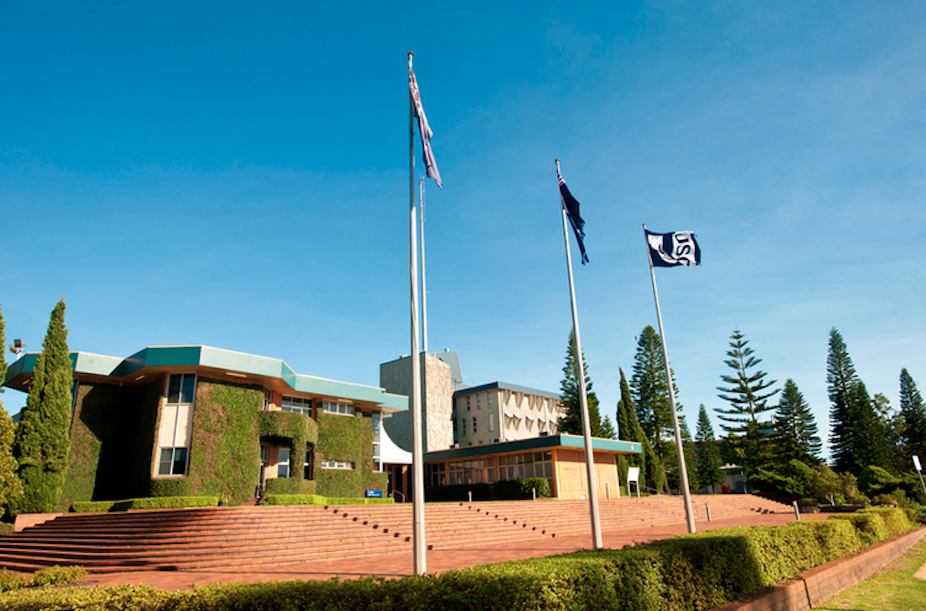None of the 27 Australian universities that answered a recent survey about disclosure policies expect their staff to reveal competing interests when making public comment, according to a paper published today.
Simon Chapman, a Professor in Public Health at the University of Sydney, and a team of researchers, sent a questionnaire to all 39 Australian universities. Nine did not reply and three declined to participate. Of the 27 that did, 15 said they did not require regular declarations from staff and none had policies indicating staff should declare conflicts of interests when commenting on an issue publicly - in the media or elsewhere.
Professor Chapman said that competing interests could influence the design and outcomes of research, public discourse and the development of public policy, and universities needed to be more transparent in this area.
Although several universities said they kept information about the competing interests of their staff, most did not make it easily accessible to the public.
Of 13 universities with a central register of staff declarations, 12 responded to a question about whether the register was publicly accessible without the need for a freedom-of-information application. Of these, none published their register on the internet, only two made the list available on request - University of Southern Queensland and University of Western Sydney - and three provided access to declarations made by a specific staff member on request - LaTrobe University, University of Canberra, and University of New South Wales.
“Just as you can look up the register of parliamentarians’ interests - for example, you can go and find out what shares a minister has or if they have received any gifts - so you should be able to do something like that with all universities,” Professor Chapman said. “They should value transparency because it builds public trust.”
“If you’re a member of the public or a journalist and you come across someone from a university, and they were talking about something and you wondered whether or not they had competing interests – say if they were talking about climate change and they had mining interests, or drugs and they had pharmaceutical interests – how easy is it to do that?
"Increasingly, research journals require you to state if you’ve got competing interests and that’s printed in the article. But it’s different in the media. So when academics appear on television or radio or in newspapers, you rarely if ever hear that this person has a research grant or an unrestricted educational grant from a company.”
Particularly damning, Professor Chapman said, was the fact nearly a third of universities ignored the questionnaire - which was sent out three times - or declined to participate.
“While just about all who did reply said they did have competing interest policies, that was pretty much as far as it went,” he said. “There were only two that said that if a member of the public wanted to inspect competing interest registers held by the universities, they could do so. The rest said it was confidential information. Why is it confidential?
"My own university [University of Sydney] said you would have to have just reason for looking at it, and they didn’t specify what that was.”
The editor of the Medical Journal of Australia, Annette Katelaris, said the publication of the article was timely, given the public slanging match between medical journal The Lancet and Australian psychiatrist Ian Hickie, a Professor Psychiatry at the University of Sydney, over his involvement with pharmaceutical company Servier.
In a series of tweets, the Lancet’s editor, Richard Horton, queried whether or not Professor Hickie adequately disclosed his financial or professional relationship with Servier. Professor Hickie has strenuously denied the imputation.
“Transparency is vital for managing medical [conflicts of interest],” Dr Katelaris wrote. “Institutions must provide the right environment and policies for their staff, and the institution itself, to encourage "clean” research and practice, leading to valid knowledge and useful treatments.“

